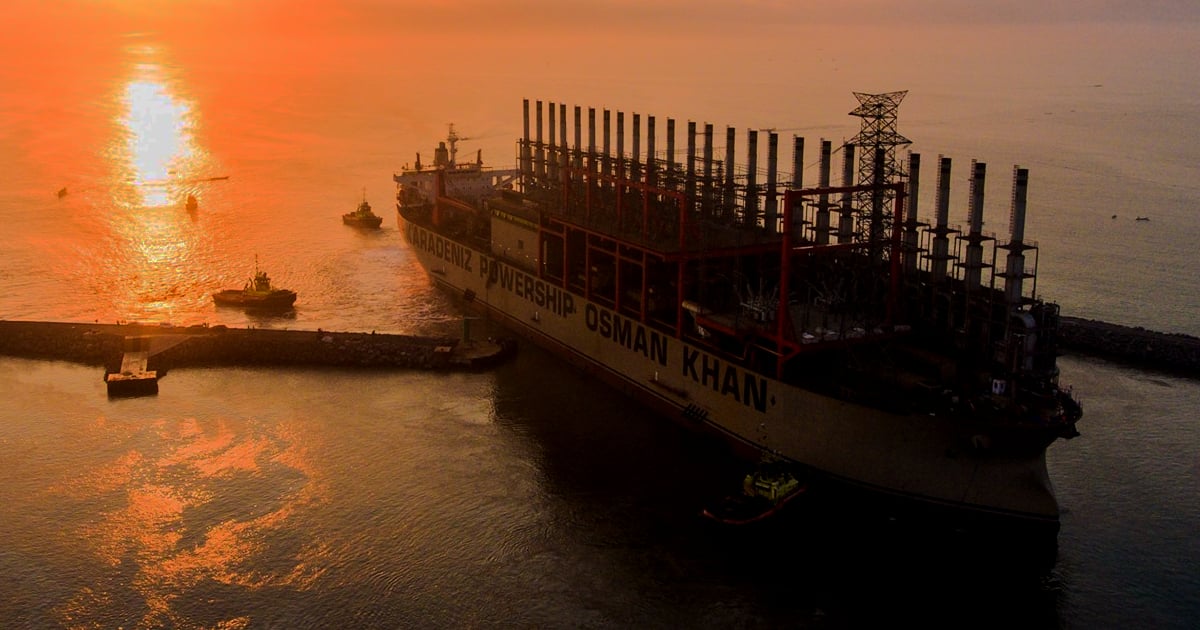
The month of September 2024 was marked by a worsening of the energy crisis in Cuba, with a notable increase in the frequency and duration of blackouts. From the first day of the month, the Unión Eléctrica de Cuba (UNE) reported increasing difficulties in meeting electricity demand due to breakdowns in key generating plants and a lack of fuel, which affected distributed generation and the energy production of the floating barges anchored in the island.
The country's energy situation continues in a downward spiral, with no clear signs of improvement in the short term.
On September 1, the UNE was already warning about the forecast of blackouts during the peak demand, with a deficit of 380 MW and several units out of service. The situation did not improve in the following days; on September 3, the UNE reported the outage of several thermoelectric units, which caused a deficit of 600 MW, severely affecting several provinces.
By September 5, the situation worsened with 650 MW of outages. The UNE reported that the deficit was mainly due to failures in key plants, such as the units of the Rente, Mariel, and Felton thermoelectric power stations, along with a lack of fuel affecting distributed generation. Power outages extended for more than 24 hours in some areas, which increased social unrest.
On September 10, the energy deficit rose to over 800 MW, causing disruptions throughout the country. Despite UNE's forecasts to improve the situation with the maintenance of some plants, the solutions were insufficient to mitigate the impacts. On September 20, the crisis reached one of its most critical points, with a deficit exceeding 1,500 MW and blackouts lasting over 12 hours in several provinces.
At the end of the month, the crisis worsened further due to a fire that occurred on one of the Turkish power generation barges in the Bay of Havana on September 26, which left eight workers injured while they were performing welding work. According to the Minister of Energy and Mines, Vicente de la O Levy, the fire was quickly brought under control and did not affect electricity generation, although one of the injured, of Turkish nationality, was in serious condition.
On September 28, complications in electricity generation worsened when the Turkish barges, essential for power production, suffered a critical fuel shortage, exacerbating the crisis. Adverse weather conditions prevented the arrival of supplies, leading to a significant decrease in electricity generation.
The balance sheet for September 2024 shows a clear deterioration in the country's electrical generation capacity, with blackouts affecting all regions of Cuba and exceeding initial expectations. Throughout the month, energy deficits increased, and service interruptions were not only more frequent but also more prolonged, with outages exceeding 12 hours in many areas. The solutions proposed by UNE failed to mitigate the crisis, leading to widespread discontent among the population.
In conclusion, September 2024 was one of the most critical months of the year in the recent history of Cuba in terms of electricity generation, with a deficit of over 1,500 MW and an evident inability to stabilize the system. The country's energy situation continues in a downward spiral, with no clear signs of improvement in the short term.
What do you think?
COMMENTFiled under: